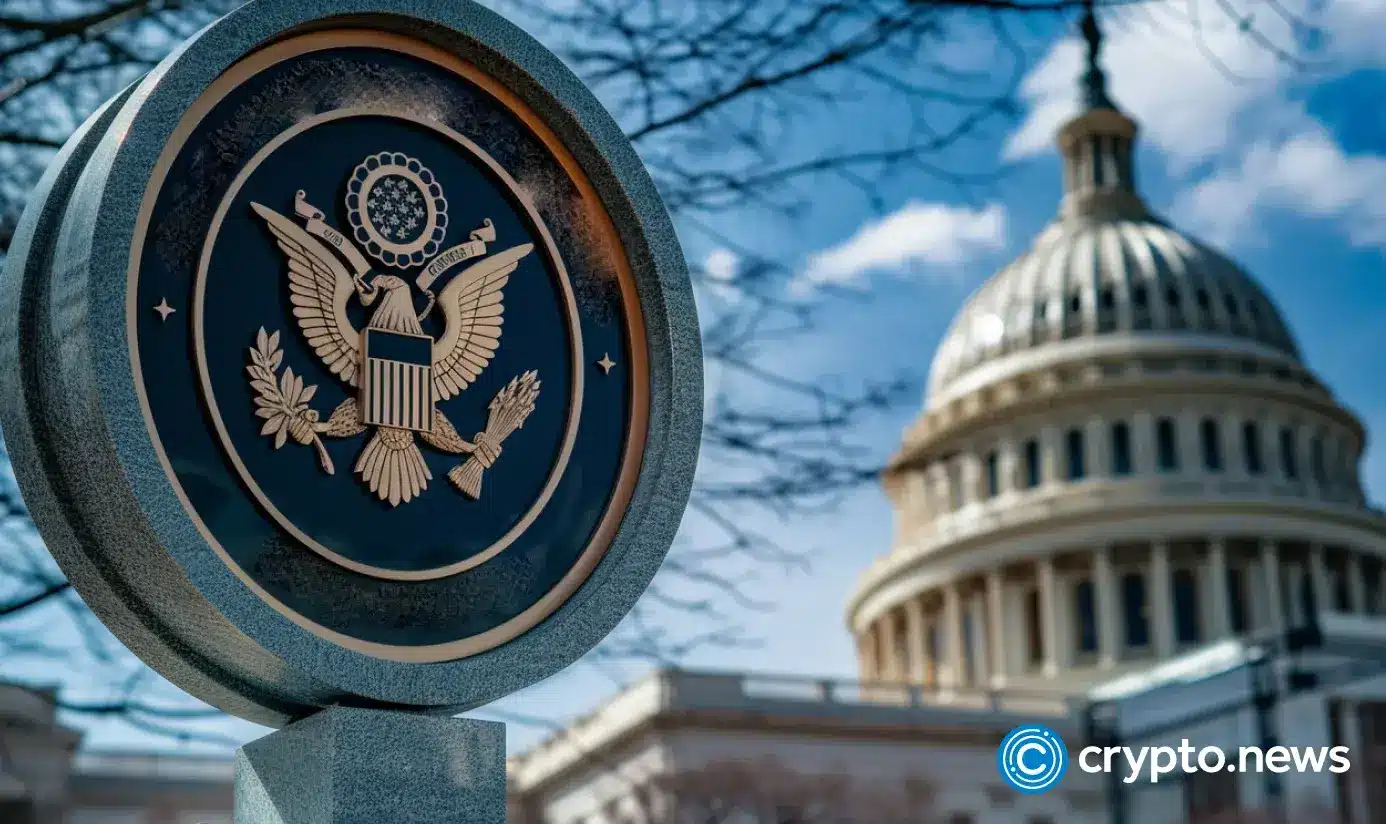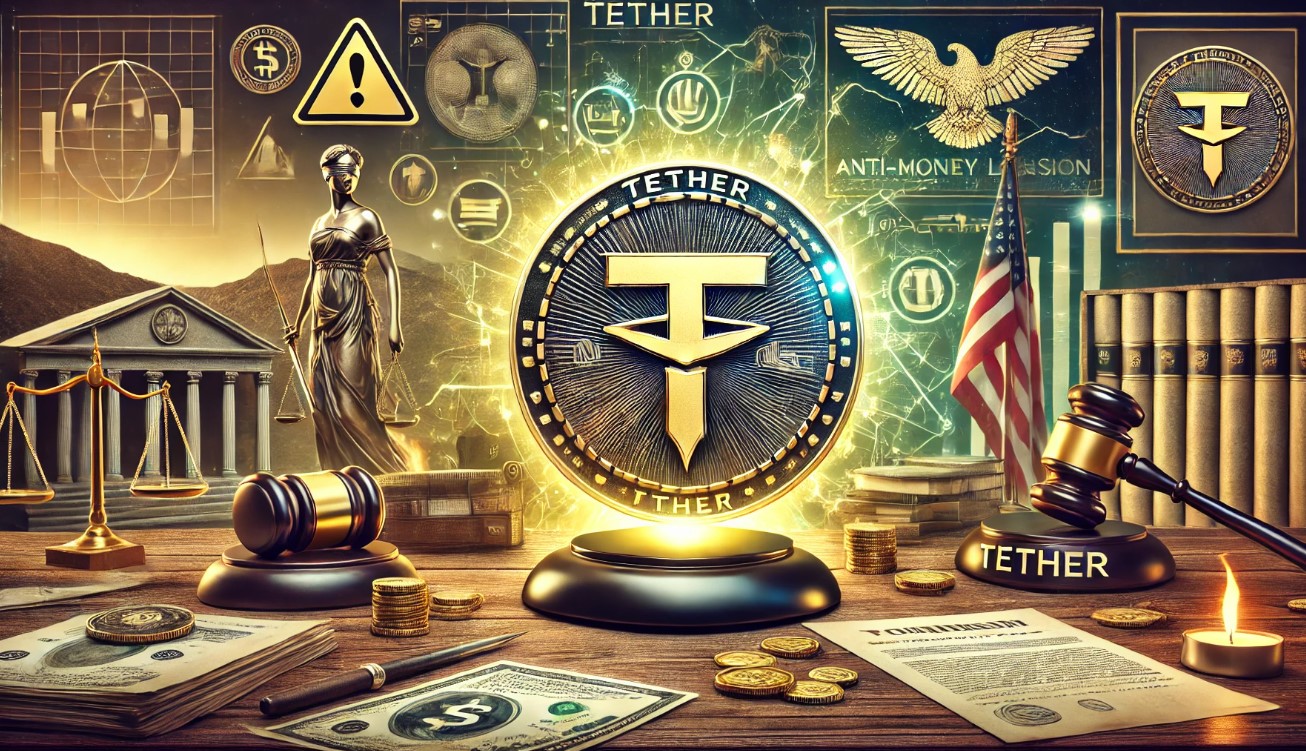- Homepage
- >
- News
- >
- Interviews
- >
- sCrypt Hackathon winner Gassed Up solves ‘trust dilemma’ with Bitcoin
On this week’s episode of the CoinGeek Weekly Livestream, software developer and BSV entrepreneur Ryan Wold joined Kurt Wuckert Jr. to talk about winning the sCrypt Hackathon and all the potential use cases for a public distributed database like Bitcoin.
Who is Ryan Wold, and what’s his Bitcoin story?
Wuckert kicks things off by asking Wold his Bitcoin story, a question he often asks guests on the weekly livestream.
Wold says he first heard about Bitcoin in 2012 while working as a software developer. Some associates were mining it, which piqued his curiosity, so he read the whitepaper but didn’t give it much thought then.
A few years later, Wold began to hear about Bitcoin in the news and noted its volatile price movements. He paid attention to the BCH split, started listening to Dr. Craig Wright, and became intrigued by the notion of a scalable blockchain and its potential use cases.
While learning about Bitcoin, Wold also started thinking about incentives, honesty, transparency, and other related concepts. Many Bitcoiners can relate to this process, we’re sure!
How would Wold use Bitcoin in his work in the public sector?
Wold has worked for various big-name Silicon Valley firms, but he currently works in the public sector, developing government software to get public feedback on projects.
He says a lot of feedback is just astroturfing and is only collected because it is required. Ultimately, it gets set aside or discarded, which erodes public trust in government. In addition to making things more accountable, “public data should be public,” he says.
Picking up on the point about public trust, Wuckert notes how trust in election processes is eroding. He looks back at the contentious George W. Bush vs. Al Gore election, the anomalies around Joe Biden’s 2020 election, and others. However, he points out that people in power, whether in politics, business, big tech, or other corridors of power, fear Bitcoin and its revolutionary potential. Is there a way to solve these problems from outside, or does Bitcoin have to go into the system?
Wold says it needs to happen in both ways: grassroots and top-down. It disrupts too many things at once and makes powerful people uncomfortable. In many ways, Bitcoin requires personal responsibility in ways many aren’t ready for, and we have delegated lots of that responsibility as a society.
Ultimately, innovation needs to happen locally, and he believes Bitcoin can facilitate that. It can help facilitate micro-communities that scale up. Peer-to-peer technology naturally builds connections between people; there’s no telling how big this can get.
sCrypt Hackathon victory and the importance of a public ledger
Wold recently attended the San Francisco sCrypt hackathon, where he met fellow BSVers and worked with a few on an app called “Gassed Up.”
Noting the problem of gas machines charging a $200 fee and then refunding you for whatever you don’t use, they designed a way to use sCrypt to create a small escrow capable of giving change. Not only does this solve the initial problem, but it could also save on credit card changes.
Ultimately, Bitcoin is a public ledger. Wold hopes it is around for generations and can preserve lots of data. The Wayback Machine and many other sites try to preserve the internet, but they’re slowly being pruned and pressured—they aren’t immutable. Bitcoin is the new medium, and the sooner we start using it at scale, the better.
To hear more about cypherpunks and their culture, Elon Musk’s role in DOGE in the U.S. government, and the blockchain voting system, tune into the livestream here.
Watch: sCrypt Hackathon students realize there’s more to blockchain

















 English (US) ·
English (US) ·